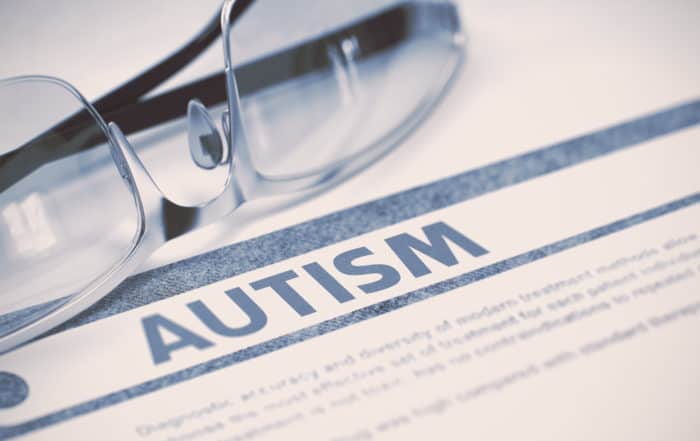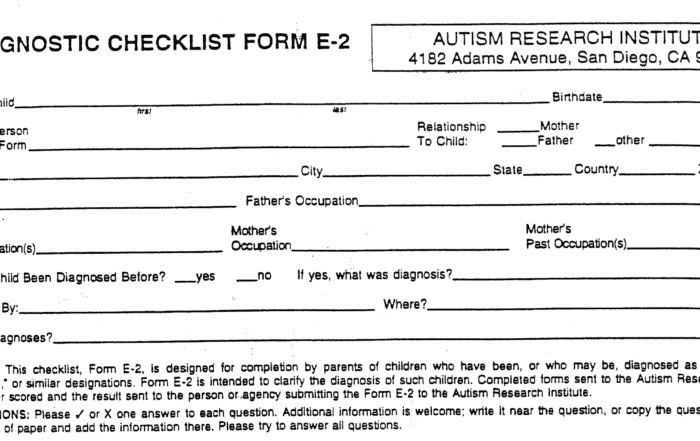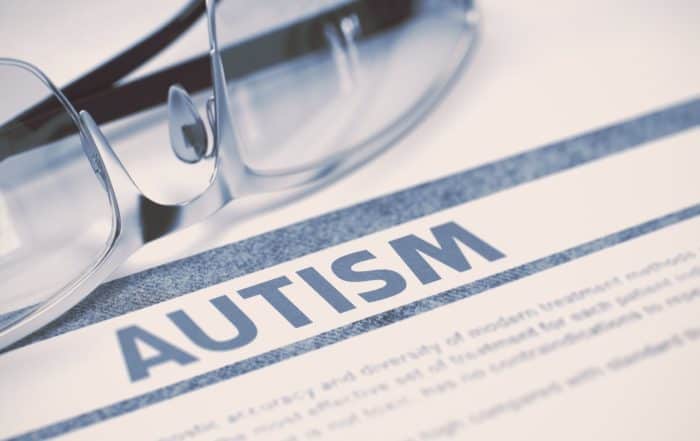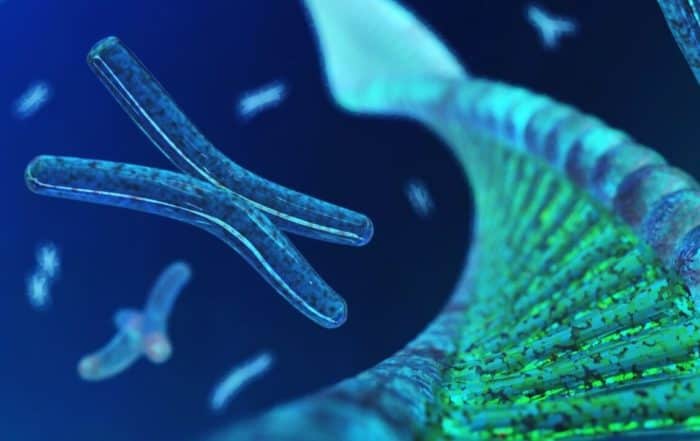Over the past decade, many pediatricians have begun screening for autism during well-child checkups. As a result, many young children exhibiting early signs of autism are receiving referrals for appropriate assessment. Those children who eventually receive an autism diagnosis are often prescribed speech and behavior therapy, medical guidance, and other supports that can improve their quality of life and their prognosis. Research has shown that intervening as early as possible is associated with more positive outcomes than treatment later in life or not at all.
What Is Autism Screening?
Autism screening is usually administered by a pediatrician during a routine well-child checkup. The doctor may observe the child or ask you questions about his or her behaviors at home and while interacting with other children on the playground. The purpose of an autism screening is to identify common early signs of autism. The following are early signs of autism, however, they do not necessarily need to be present.
- Delays in communicating with others including speech and gestures
- Not responding to one’s own name
- Getting upset over minor changes in routine
- Avoiding many, if not most, forms of physical contact
- Showing little interest in objects or people
The American Academy of Pediatrics (AAP) suggests that autism screenings should be part of standard 18 and 24-month well-child checkups, whereas the National Center on Birth Defects and Developmental Disabilities (NCBDD) recommends that all children be screened at 9, 18, and 24 or 30 months.
Screenings administered during well-child checkups are only designed to indicate whether a child may be showing some early signs of autism. These screenings identify areas requiring further assessment and do not replace a formal diagnosis. Although many doctors follow the AAP and NCBDD guidelines, parents should also be proactive. If you suspect your child may have autism, please ask your child’s pediatrician to administer screening or request a referral to a qualified specialist.
Autism Screening Tools
Physicians use an array of formal and informal autism screening tools. These can range from simple observations to formal assessments. Some of the more commonly used autism screening tools are:
- Modified Checklist for Autism in Toddlers, Revised (M-CHAT), is a popular 20-question test designed for toddlers between 16 and 30 months old. Note: there is recent evidence that the M-CHAT may not be as effective in screening females and minority, urban and low-income children.
- The Ages and Stages Questionnaire (ASQ) is a general developmental screening tool that examines developmental challenges at specific ages.
- Screening Tool for Autism in Toddlers and Young Children (STAT) is an interactive screening tool comprising of twelve activities that assess play, communication, and imitation.
- Parents’ Evaluation of Developmental Status (PEDS) is a general developmental parent interview designed to identify delays in motor, language, self-help, and more.
If the results of an autism screening indicate that your child shows some signs of autism, your pediatrician will likely refer you to a specialist for a formal evaluation.
Getting An Autism Diagnosis
Only a specialist can make an official diagnosis of autism There are two important reasons to obtain a formal diagnosis for your child. First, your child may be eligible for support and resources from government and insurance agencies. Second, there are other related conditions that are also associated with autism, but involve different treatments, such as Sensory Processing Disorder as well as Fragile X, Landau-Kleffner, and Rett’s syndromes.
An autism diagnosis is usually based on the criteria described in the Diagnostic and Statistical Manual of Mental Disorders (DSM-5) which is published by the American Psychiatric Association and used by most healthcare professionals.
The DSM-5 recognizes two broad diagnostic criteria for autism:
- Persistent deficits in social communication and social interaction
- Restricted and repetitive patterns of behavior, interest, or activities.
These symptoms often appear early in life and can disrupt the child’s social, emotional, and cognitive development.
After a diagnosis of autism, a specialist will f coordinate a healthcare team to assess and recommend treatment.
Ongoing Assessment For Autism
Your child’s school district and/or clinician may perform a Functional Behavioral Assessment. This evaluation seeks to determine causes for specific, often challenging, behaviors. Based primarily on observations in various settings, strategic intervention(s) are developed to address these behaviors. Other assessments may include interviews with parents and teachers and completing behavioral and sensory rating scales.
It is recommended that families, educators, and pediatricians track their child’s progress over time. Regular assessments help guide treatment choices throughout the entire lifetime. The Autism Treatment Evaluation Checklist (ATEC), a frequently used, no-cost, online tool developed to monitor symptoms and behaviors and assess the effectiveness of various treatments over time.
The following webinar is the first in a two-part series about the importance of ongoing assessment and evaluation for children with symptoms of autism. It is presented by Claire Schute, Psy.D.
Watch to learn:
- What assessment and evaluation are
- The benefits of assessment and evaluation
- About different types of assessments and evaluations
- How to prepare for the assessment process
Families can also use the CDC’s developmental milestone tracker to monitor child development and to help them decide whether it’s time to share their concerns with a physician.
Conclusion
Early childhood screening for autism is essential for all children and early intervention can have a tremendous impact on prognosis. Ask your pediatrician about autism screening.
Prepare to discuss autism with your doctor by visiting our Is It Autism? page. There you’ll learn the signs and symptoms of autism and find resources to help you better understand Autism Spectrum Disorder.
How Age – and Age of Diagnosis – Affect Quality of Life
Dr. Gray Atherton discusses the critical role of age and age of diagnosis in shaping the quality of life for autistic individuals. She provides a brief history of autism understanding and considers
Diagnostic Checklist Form E-2 and Research Questionnaire Form E-3
Download the E-2 (English, PDF file) ARI’s Diagnostic Checklist, Form E-2, was developed by Dr. Bernard Rimland to diagnose children with Kanner’s syndrome, which is also known as ‘classical autism.’ Many parents and professionals have
Participate in Studies
Newborn Screening Autism Risk Study - Predicting Autism Risk May Begin with a Drop of Blood The Naviaux Lab is now seeking participants for phase II of their newborn risk study. Participant
Editorial – Diagnosis and Screening for Autism: Past, Present, and Future
While the diagnosis of some syndromes is fairly straightforward, diagnosing autism spectrum disorders (ASD) has been and continues to be a challenge. In this editorial, I review the progress we have made
Fragile X and ASD
When associated with FXS, autism is caused by the genetic change or mutation in the Fragile X gene—the most common genetic cause of autism. Tune in to learn about
ARI’s Stance on Universal Screening
Controversy flared last summer when the U.S. Preventative Services Task Force (USPSTF) released a draft recommendation citing a lack of evidence for continuing the practice of universal early childhood autism screening. The debate reignited today







